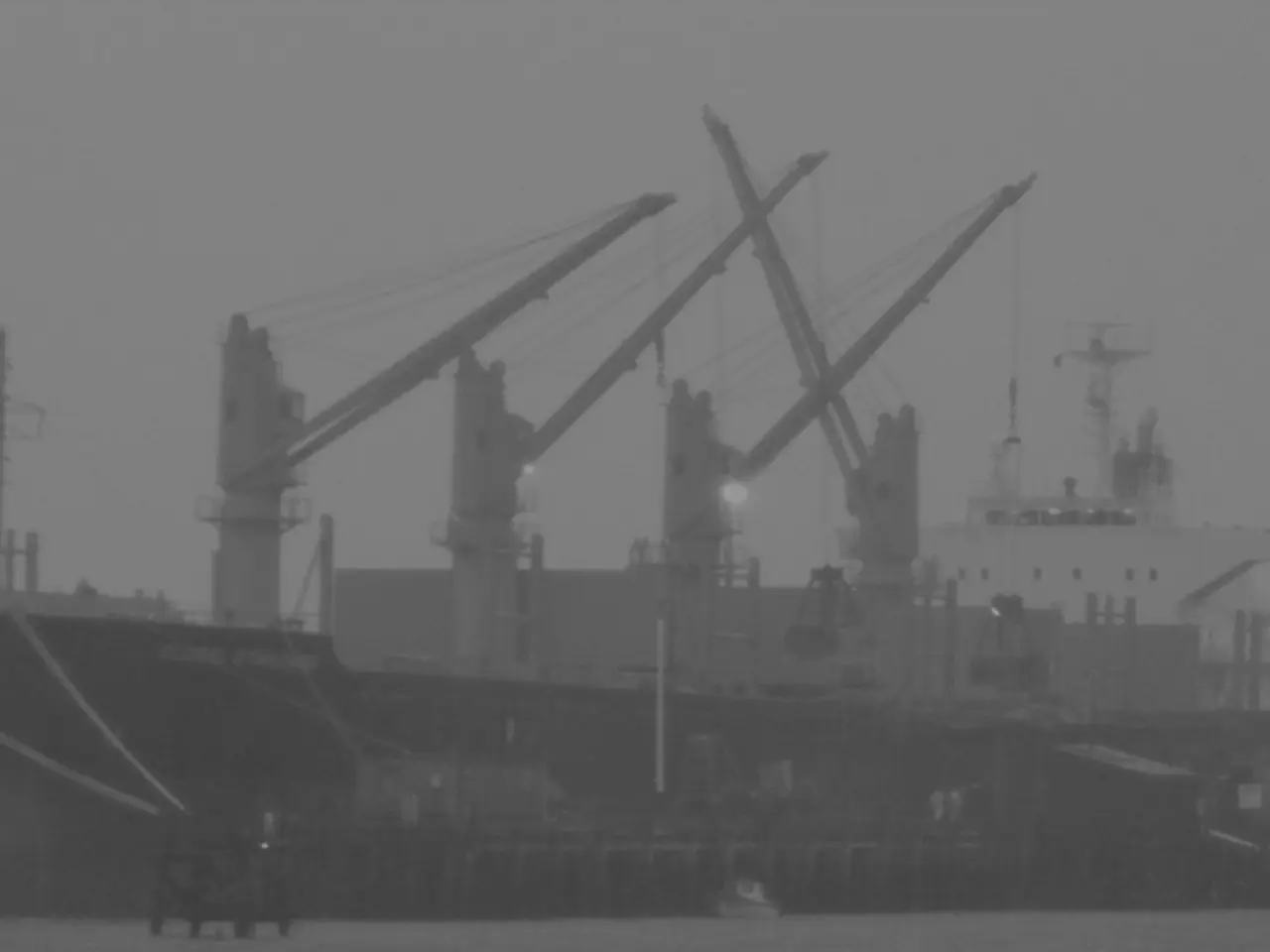Underwater fiber optic cable disruptions in the Red Sea impede online connectivity across Asia and the Middle East.
In a series of unexpected events, multiple undersea cables in the Red Sea have been damaged, causing internet disruptions in parts of Asia and the Middle East. The exact cause of the cable cuts is not immediately clear, but a cargo ship with a lowered anchor is believed to be responsible for the damage near the Bab al-Mandab Strait.
On Sunday morning, the Houthis' al-Masirah satellite news channel acknowledged the cuts to undersea cables, citing NetBlocks. However, earlier denials from Saudi Arabia and the UAE governments regarding the disruption of internet access have been reported. Neither Tata Communications nor the consortium overseeing the India-Middle East-Western Europe cable responded to requests for comment.
The failures were affecting the SMW4 and IMEWE cable systems near Jeddah, Saudi Arabia. Internet users in the United Arab Emirates (UAE) reported slower speeds on state-owned Du and Etisalat networks. Pakistan Telecommunications Co. Ltd. also acknowledged the cable cuts in a statement.
Microsoft announced increased latency in the Mideast due to undersea fiber cuts in the Red Sea. The Redmond, Washington-based firm's statement did not elaborate on the cause of the disruption, but it did confirm that internet traffic not moving through the Middle East was not impacted.
Concerns have been raised about potential targeting of the cables in a Red Sea campaign by Yemen's Houthis. In early 2024, Yemen's internationally recognized government in exile alleged that the Houthis planned to attack undersea cables in the Red Sea. Recent events seem to confirm these concerns, as the Houthis have now acknowledged the cuts to undersea cables in the Red Sea.
Israel has responded to these attacks with airstrikes, including one that killed top leaders within the Houthis. The Houthis in Yemen have been engaged in a series of attacks targeting Israel, in response to Israel's attacks on Gaza.
Repairs to damaged undersea cables can take weeks, requiring a ship and crew to locate and fix the cable. The disruption is expected to have significant impacts on businesses and individuals in the affected regions, as they rely on these cables for their internet connectivity.
As more information becomes available, it is crucial for all parties involved to work together to ensure the safety and integrity of the undersea cable infrastructure. The disruptions in the Red Sea serve as a reminder of the vital role these cables play in our interconnected world.








